Lets Play a game!
On the 11th of August, representatives from Armenia, Bulgaria, Cyprus, Estonia, Georgia, Germany, Moldova, Romania, Russia, as well as Italians, gathered at Tre Torri Hotel, not far from Favara, Italy to find out what is a simulation game, share their experience, and improve their leadership skills.
The training course “ToT Let’ Play a Game” was held as part of Erasmus+ projects. The program was led by Daniela Alexeiciuc and consisted of various activities. Young activists and local leaders from all over Europe participated in diverse exercises focused on simulation games.
Enacting fictitious scenarios, such as discussing a development plan of a city, or composing a survival strategy in a galaxy falling apart, the participants broadened their vision of contemporary society in its complexity, got to know the difficulties of creating a social balance and maintaining control of a situation, and developed their social communication skills. They practiced in managing public discussions, resolvingconflicts, and finding compromises. Such skills are of critical importance in the challenging situation that Europe and the whole world are facing now. As a final contribution, the participants exercised in developing their own simulation games.
Free Minds in Action, the Italian hosting NGO that organized the project, and its head Issam Regragui Soussi, warmly welcomed all the participants in Italy, and secured an impressive cultural program of the event that included a visit to the Valle dei Templi, Scala dei Turchi, and sights in Favara, as well the famous Farm Cultural Park.
It was a creative and a challenge week and thanks organizers be it we got the opportunity to broaden our horizons for new experiences.

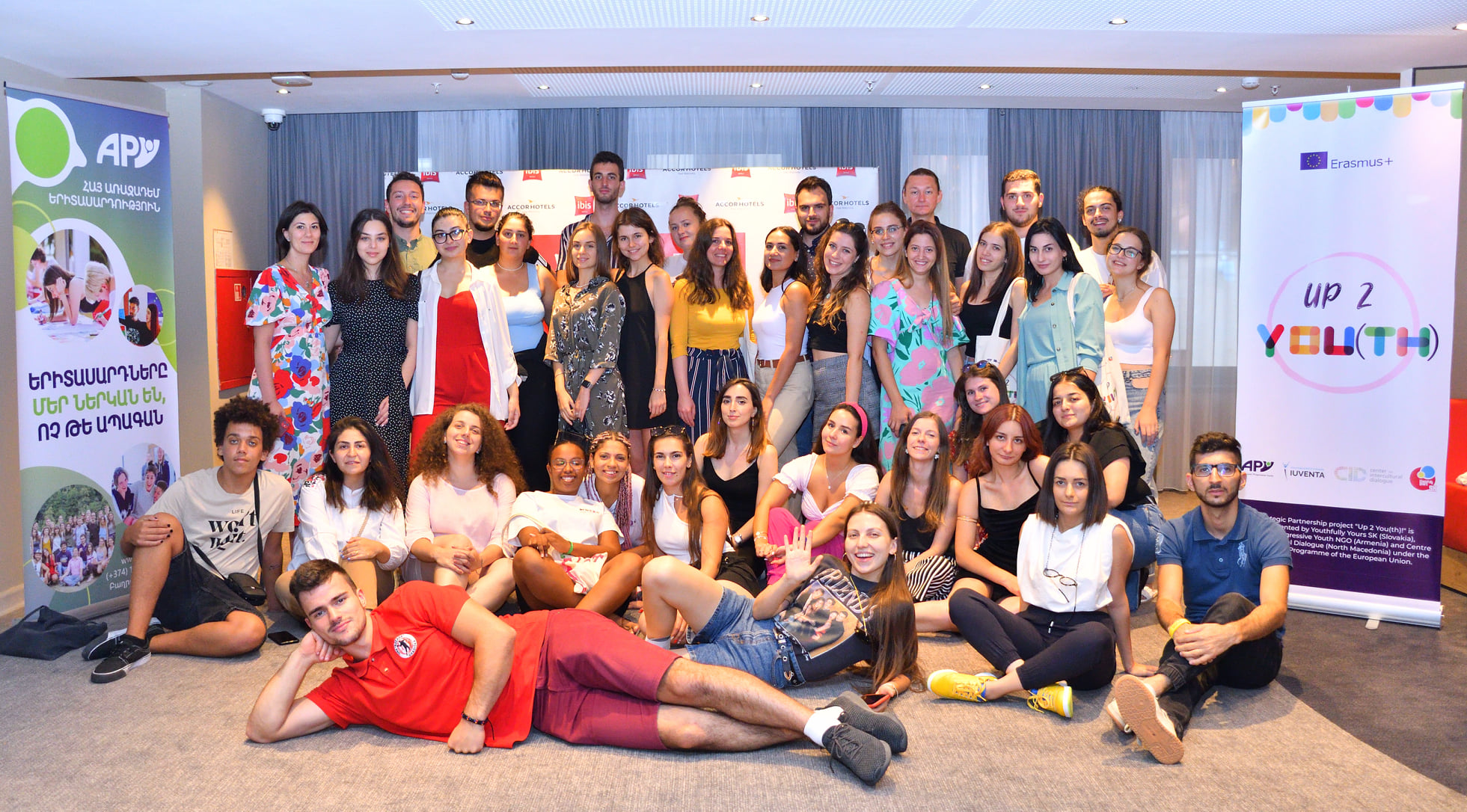
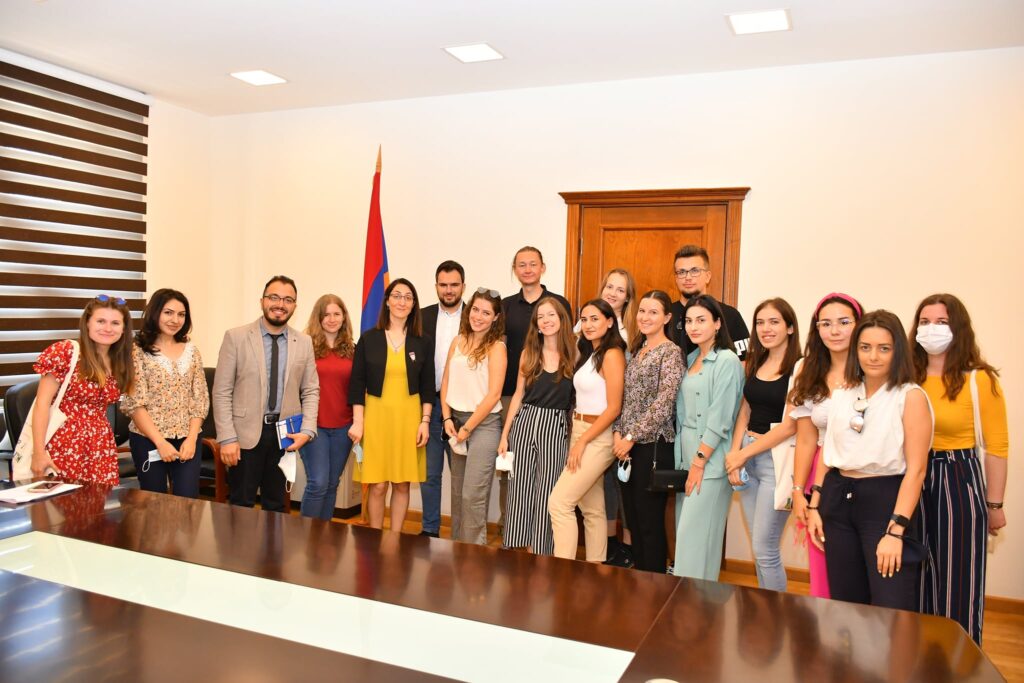
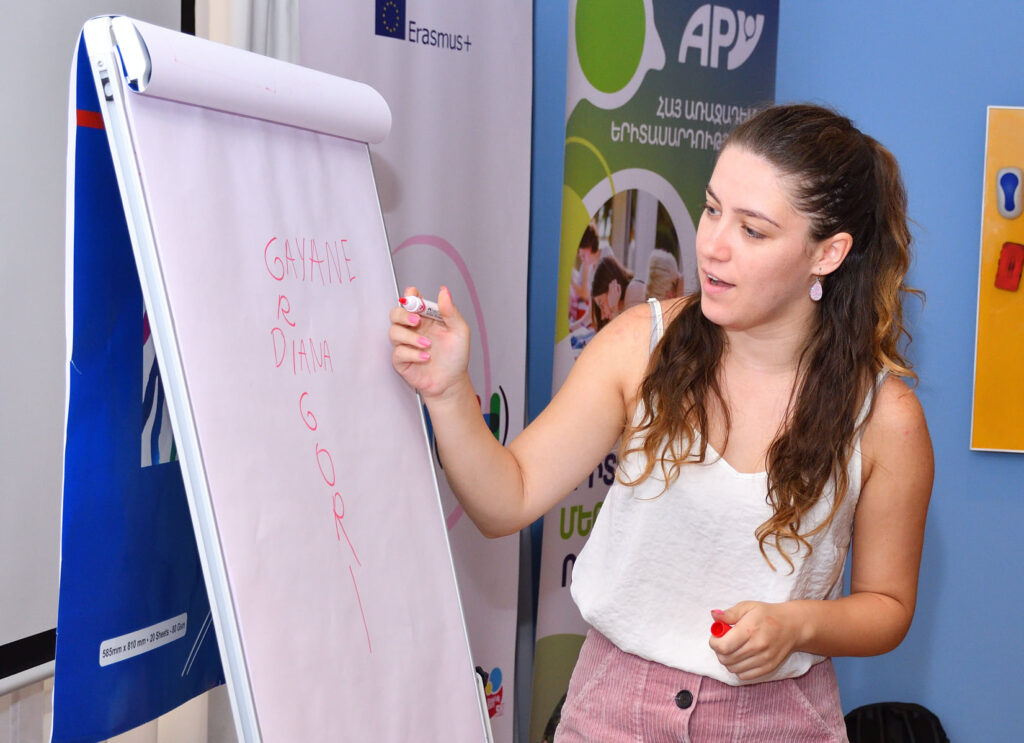
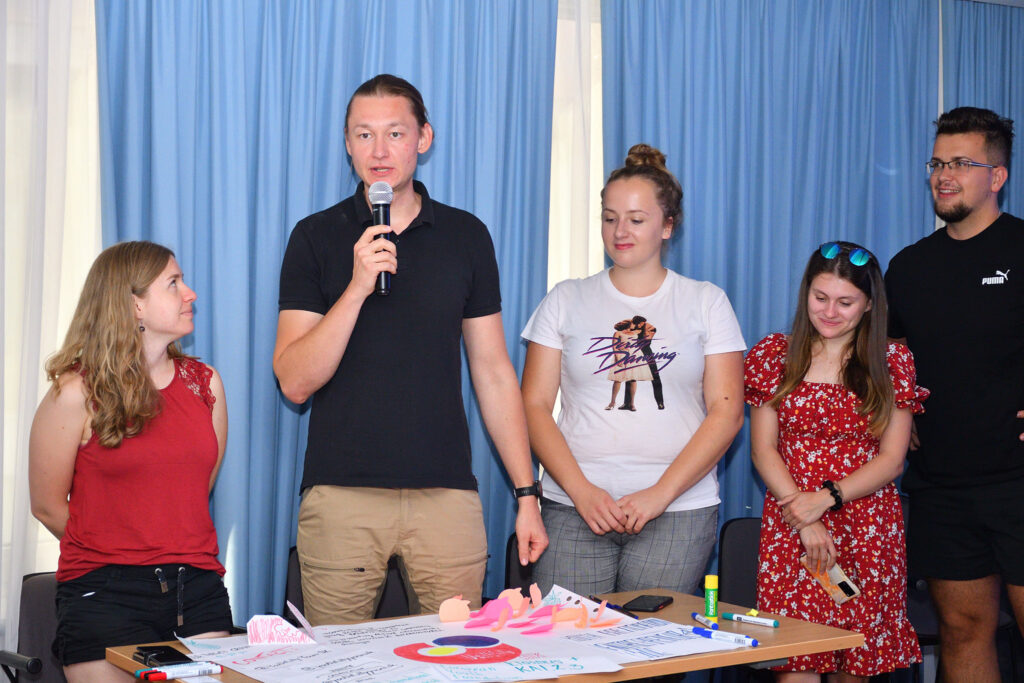
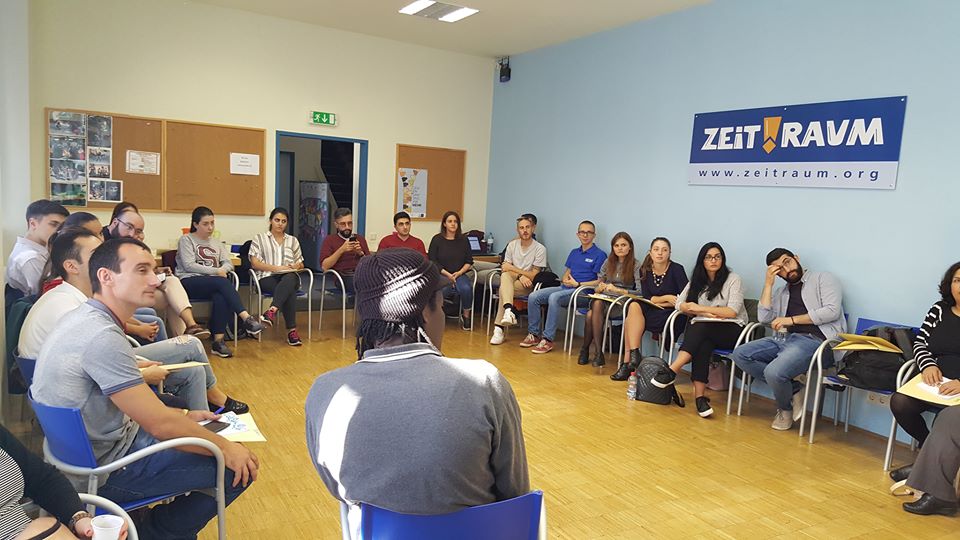
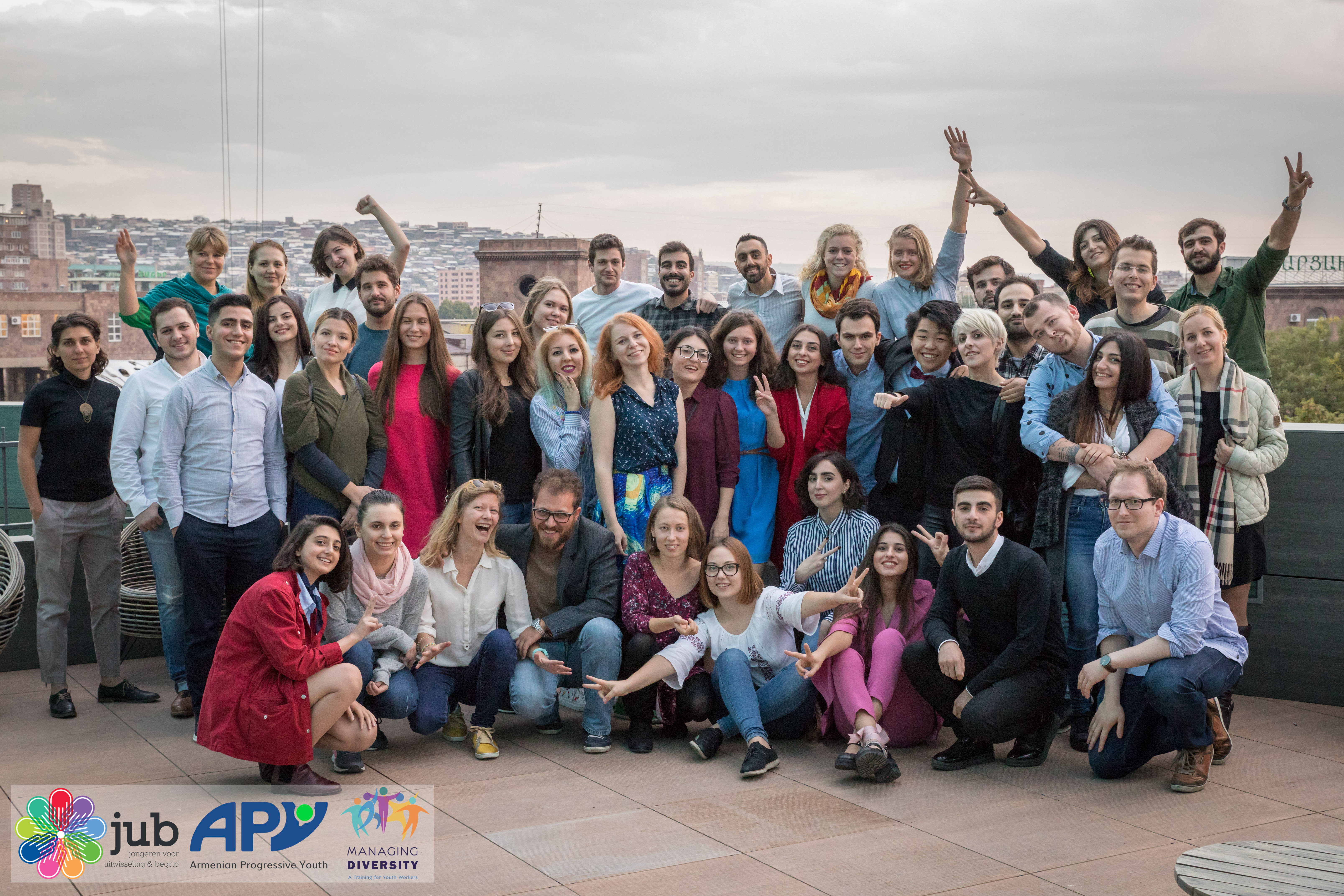
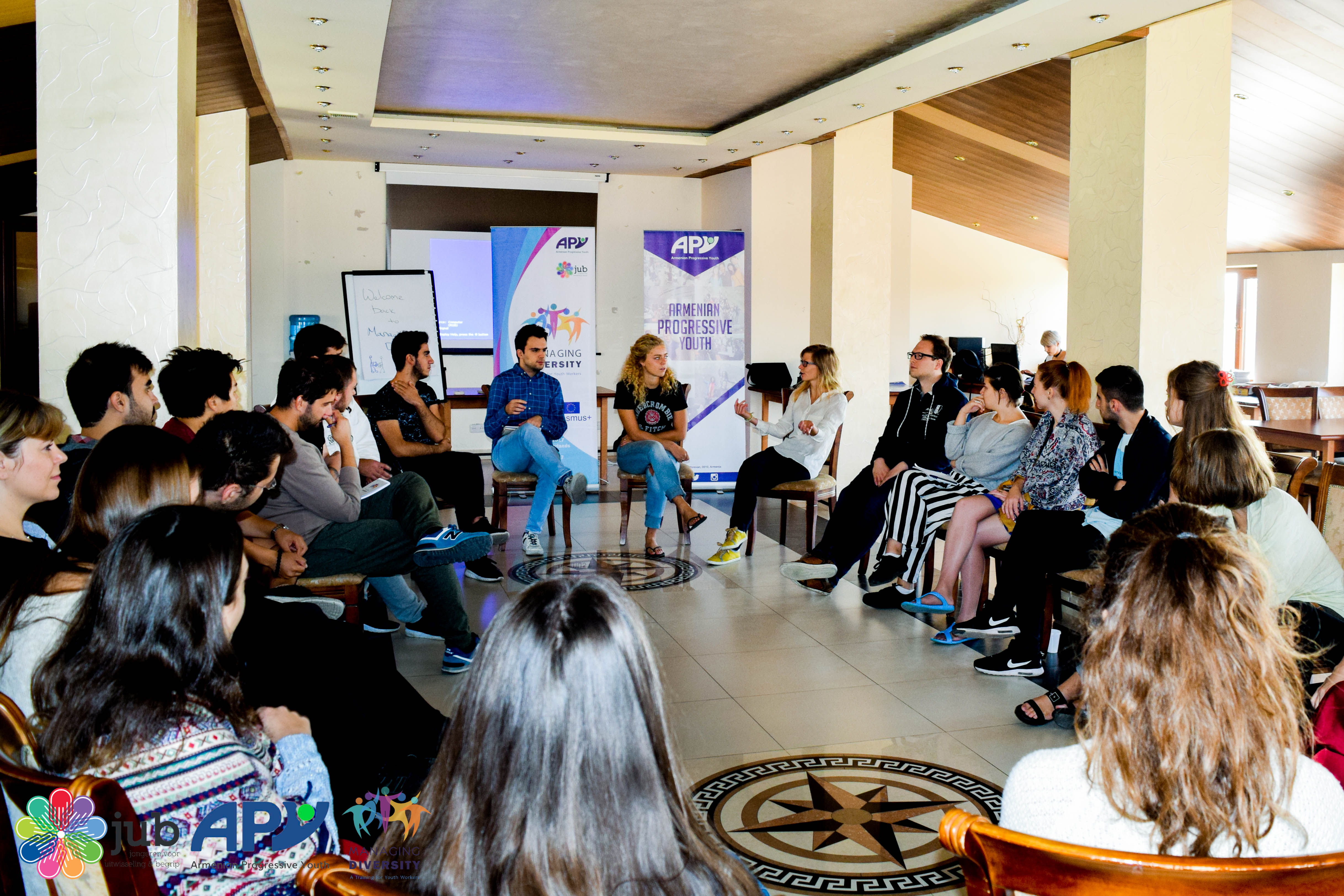
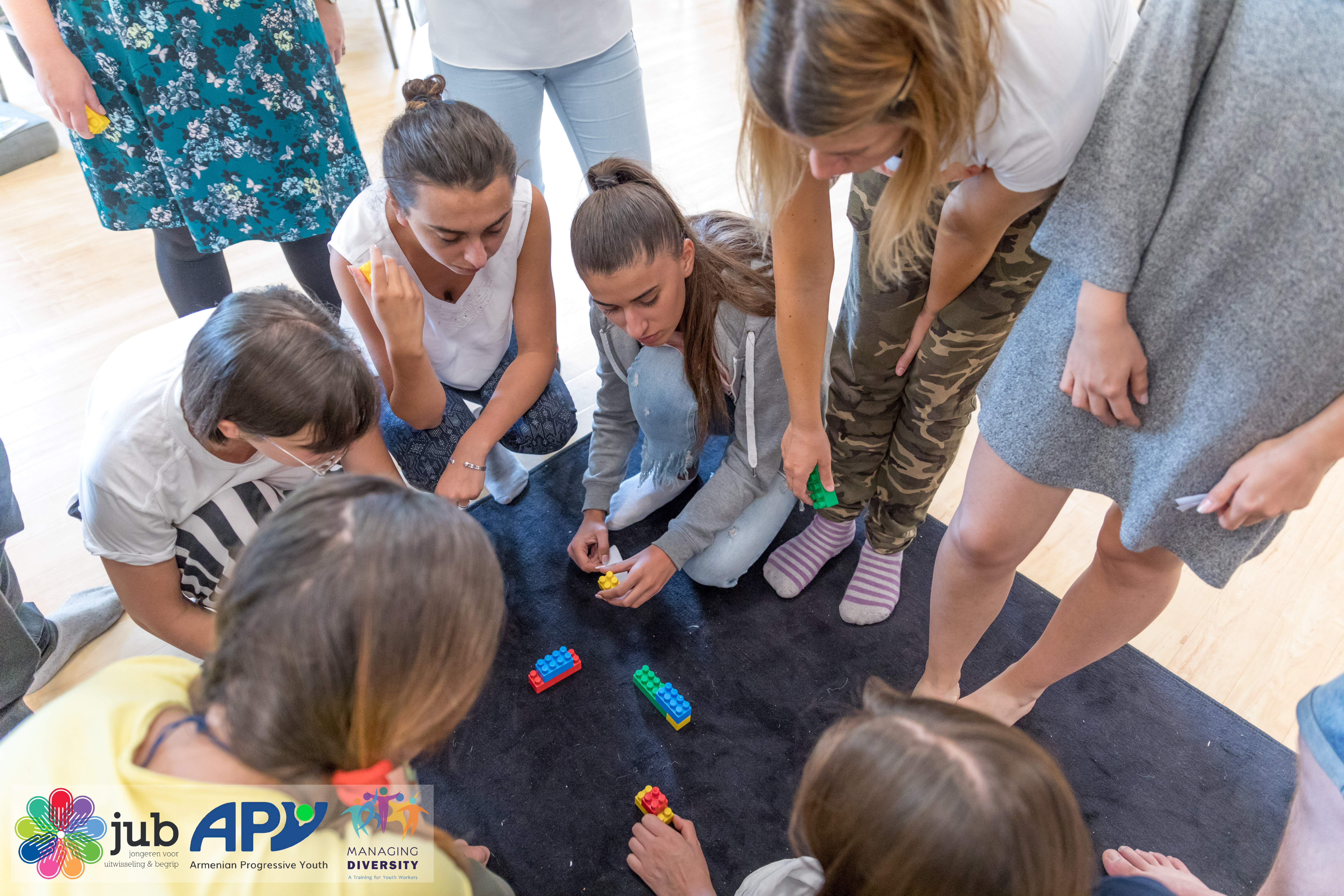 All the projects were exceptional having in mind that they were implemented with 0 funding, purely organized through the resources of participants, networks of partner organizations and in kind contribution and support provided by local stakeholders in each respective country. The projects took place in home countries of the participants: Armenia, Belarus, Czech Republic, Georgia, Germany, Italy, Latvia, Macedonia, Moldova, the Netherlands, Poland, Portugal and Romania. All the projects were implemented through diversity glasses and tackled issues of minority groups living in participating countries.
All the projects were exceptional having in mind that they were implemented with 0 funding, purely organized through the resources of participants, networks of partner organizations and in kind contribution and support provided by local stakeholders in each respective country. The projects took place in home countries of the participants: Armenia, Belarus, Czech Republic, Georgia, Germany, Italy, Latvia, Macedonia, Moldova, the Netherlands, Poland, Portugal and Romania. All the projects were implemented through diversity glasses and tackled issues of minority groups living in participating countries.